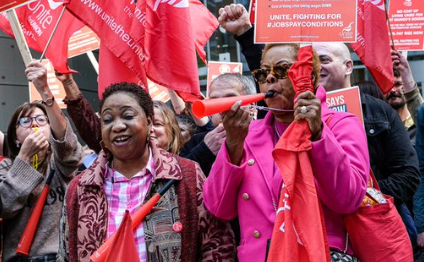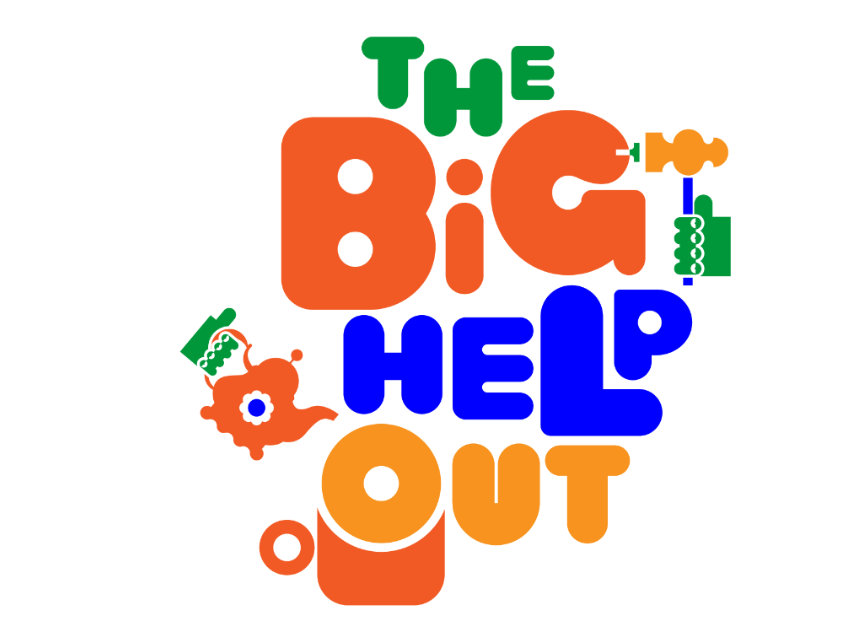Adrienne Skelton is a freelance charity consultant and has worked as a senior leader in the charity sector for two decades. She asks why many smaller charities are reaching breaking point around their measurement of impact.
___________________________________________________________________
None of those I’m speaking with have core funding to ‘do’ strategy, or planning, or impact measurement. But with rising levels of need, and services contracting in many areas, we know how critical it is that charities are equipped to respond strategically and effectively. But how can they make good choices when there is no time to lift their eyes from urgent operational delivery and crisis management?
Smaller charities are reaching out for support because they simply can’t keep delivering without some help to think about future strategy and impact. Funders are aware of the challenges, and some have accessed funding for resilience work, including to undertake theories of change or build their data capacity. But to what extent are these achieving the desired effect of building stronger, more impactful organisations?
Let’s put this in context. There are a lot of small and medium-sized charities in the UK. According to the NCVO’s annual UK Civil Society 2022 Almanac, there were 165,759 voluntary organisations, of which almost 96% were micro, small or medium organisations with an income of less than £1 million. And that doesn’t include those not-for-profits with an income under £5,000, who don’t have to register with the Charity Commission.
Research (The Value of Small) funded by Lloyds Bank Foundation in 2018 found three distinctive features in how small and medium charities support people and communities. Their findings resonate with my experience too: work is person-centred (rather than service-centric), relationship-based and locally networked, with the charity acting as the ‘glue’ that brings others together.
These distinctive characteristics can mean that smaller charities find it hard to predefine their intended impact. They are often responsive, focused on supporting people in times of need, and would not presume to pre-define outcomes for people. Because they also act as navigators, disruptors and advocates for change, they are part of a bigger picture and attributing impact solely to themselves is counter cultural, if it is even possible at all.
Yet the survival of these smaller charities rests upon their ability to demonstrate impact and secure funding to deliver outcomes. So they try, and this leads to adverse consequences. I have seen many smaller charities contort themselves to fit into funding ‘pigeonholes’ to secure project funding, and this diffuses and limits their impact. Many are silted up, expending too much time and energy recutting their data and case studies to suit multiple funders.
I’ve noticed that some organisations are now being asked (and funded) to develop a theory of change, but without an understanding of its true function and value. Now, I love using theory of change, but as a tool to generate strategic clarity and alignment. I’m increasingly concerned that the existence of a TOC has become a box to tick, much like we view a risk assessment or liability insurance: we ought to have one, but we hope to never need it!
So, what could we do differently? We’ve been talking about trust alongside accountability for many years, certainly since I was Head of Evidence at the now National Lottery Community Fund more than a decade ago. And we’re surely making progress. But if the majority of smaller charities I’m speaking with are still being asked to measure impact separately for each of their funders, have we really made enough progress?
Here are my suggestions for areas for us to focus on now:
For organisations:
• Connect back with purpose. Why do you exist? What problem do you solve? A succinct, memorable purpose (or mission) statement can be a great anchor. Develop it collaboratively and make sure everyone is aligned around it.
• Using your purpose statement as a foundation, work out what changes (or outcomes) you want to bring about. Keep it simple, start with 2 or 3 and take time to build your confidence and understanding of how to meaningfully measure change.
• Try to base all of your reporting around these key outcomes, and minimize the amount of extra information you gather. Explore if your funder can work with your outcomes, rather than the other way around.
For funders:
• Continue that shift towards supporting smaller charities to build their capacity around impact management. This includes supporting them to define core outcomes and build their data capabilities.
• Build adaptable programme reporting, recognizing that you may not be able to aggregate the data reported to you. Perhaps a better measure of impact is that organisations who receive funding have increased their confidence to understand their own impact…
• Innovate. Join the movement (if you haven’t already) that brings together smaller charities to co-design a shared set of outcomes that can be delivered (and measured) collectively.
Latest News
-
Charities are ‘most trusted British institution’, survey finds
-
Charities’ ‘overuse’ of Africa imagery ‘risks reinforcing outdated stereotypes’
-
Covenant response: Leaders praise government commitment but action needs to follow
-
New benefit added for Charity Times Leadership Network members
-
PM: Charities won’t be 'shut out' or 'left to pick up the bits' under new covenant
-
Government hopes to reset relationship with charities as it launches civil society covenant
Charity Times video Q&A: In conversation with Hilda Hayo, CEO of Dementia UK
Charity Times editor, Lauren Weymouth, is joined by Dementia UK CEO, Hilda Hayo to discuss why the charity receives such high workplace satisfaction results, what a positive working culture looks like and the importance of lived experience among staff. The pair talk about challenges facing the charity, the impact felt by the pandemic and how it's striving to overcome obstacles and continue to be a highly impactful organisation for anybody affected by dementia.
Charity Times Awards 2023
Mitigating risk and reducing claims

The cost-of-living crisis is impacting charities in a number of ways, including the risks they take. Endsleigh Insurance’s* senior risk management consultant Scott Crichton joins Charity Times to discuss the ramifications of prioritising certain types of risk over others, the financial implications risk can have if not managed properly, and tips for charities to help manage those risks.
* Coming soon… Howden, the new name for Endsleigh.
* Coming soon… Howden, the new name for Endsleigh.
Better Society

© 2021 Perspective Publishing Privacy & Cookies











Recent Stories